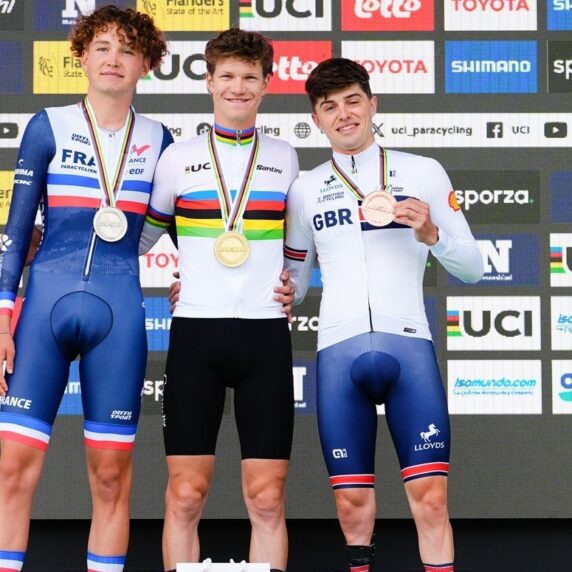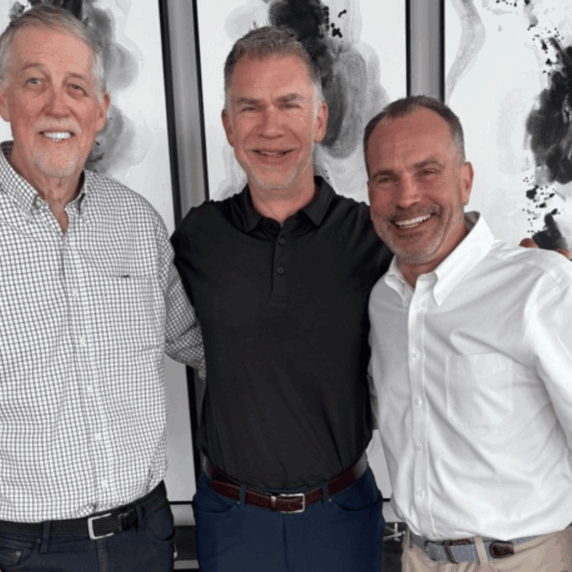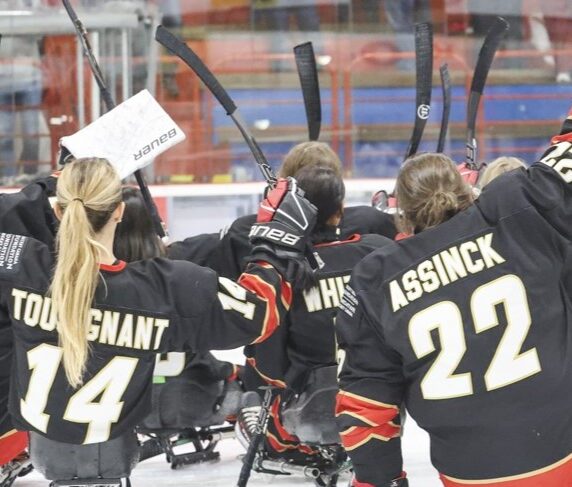Celebrating 25 years of Para sport: Canadian Para cyclists make breakthrough at Rio 2016
Para cycling top sport for Canada at Paralympic Games for first time

At Paralympic Games before 2016, you could always count on the swimming and track and field athletes to collect the main share of Canada’s medals.
But in Rio de Janeiro, another sport emerged as a power for Canada in its overall medal count – Para cycling. With its nine-medal haul (one gold, three silver, five bronze), it was in fact Canada’s most successful sport at those Games, one medal better than both swimming and athletics.
The star of those Games was Tristen Chernove of Cranbrook, B.C., who recently retired this year after Tokyo 2020. At age 34, in 2009, he was diagnosed with Charcot-Marie-Tooth (CMT) disease which affects his lower legs. He decided to take up competitive cycling to slow down the progress of the disease.
That decision eventually led him to be selected to the national Para cycling team and in 2016 he made his Games debut in spectacular fashion with gold in the road time trial, silver in the track individual pursuit, and bronze in the track kilo. He was named Canada’s best male athlete and best debut athlete at those Games.
For the next four years he was dominant in the sport earning at least one world title in 2017, 2018 and 2019.
Rio 2016 also uncovered more Canadian Para cycling talent. Ross Wilson of Edmonton collected silver medals on the road and track, hand cyclist Charles Moreau of Victoriaville notched bronze in both road events while Michael Sametz and Shelley Gautier also added a bronze each.
It was quite an improvement on the two medals won in London 2012.
“Our success in 2016 was the results of four years of innovations and recruiting,” said Canada’s Para cycling head coach Sébastien Travers. “Many athletes arrived in the quad leading up to the Games like Tristen, Ross, Mike and Charles.”
“Our successes are closely linked to the professionalization of the services offered, whether in aerodynamic work, peripheral services like mental and physical preparation, or the individualization of innovations to increase the performance level of athletes. All of these initiatives could not have been achieved without the input and support of the Canadian Paralympic Committee.”
The 2016 Games was also a crowning moment for Aurélie Rivard who led Canada with three gold medals and a silver in Para swimming and was named Canada’s flag bearer for the Closing Ceremony. Rio was also the fifth and last Games for Benoit Huot who hit the 20-medal career mark with a bronze in the 200m individual medley.
On the track, wheelchair racer Brent Lakatos collected four medals including a gold in the 100m dash. Michelle Stilwell concluded her great career with gold in the 100m and 400m women’s wheelchair events.
This year, the Canadian Paralympic Committee and Pfizer Canada are celebrating 25 years of supporting and promoting the Paralympic Movement together. Throughout 2021, we will look back on special sporting moments and milestones from each year of the partnership.
Click here to read each moment so far.



"*" indicates required fields
"*" indicates required fields